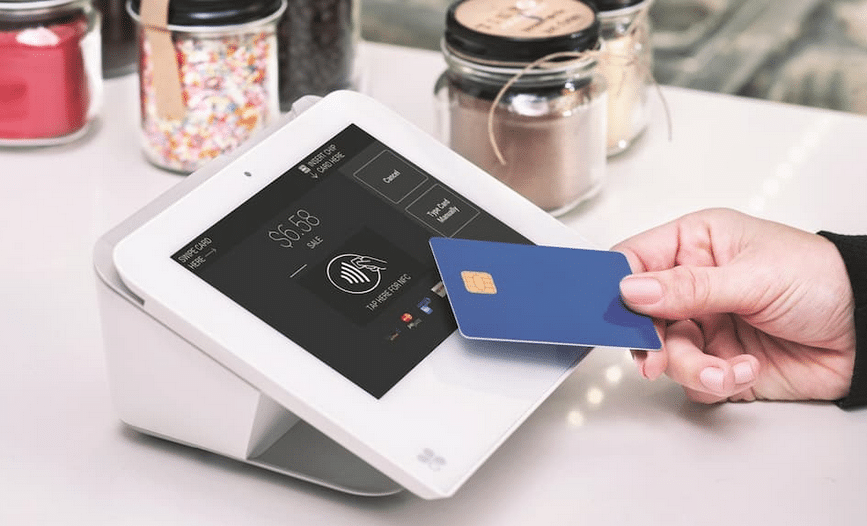accepting credit card payments has become a fundamental aspect of running a successful business. Credit card processing refers to the mechanism through which businesses can accept payments from customers via credit or debit cards. This process involves several intermediaries and steps to ensure seamless and secure transactions.
Types of Credit Card Processing
Traditional Credit Card Processing
Traditional credit card processing involves the physical swiping or insertion of credit cards into a card reader at the point of sale. The information is then transmitted to the payment processor for authorization and subsequent settlement.
Online Credit Card Processing
Online credit card processing, also known as e-commerce payment processing, enables businesses to accept payments over the internet. This method involves the use of payment gateways to securely transmit card information between the customer’s browser and the merchant’s website.
Key Players in Credit Card Processing

Credit card processing involves several key players, each fulfilling specific roles in facilitating transactions:
- Payment Processors: Companies responsible for processing credit card transactions on behalf of merchants.
- Merchant Account Providers: Financial institutions or service providers that offer merchant accounts to businesses, allowing them to accept credit card payments.
- Payment Gateways: Software applications or platforms that facilitate the secure transmission of payment information between the merchant’s website and the payment processor.
How Credit Card Processing Works
Credit card processing typically involves three main stages:
Authorization
When a customer makes a purchase using a credit card, the merchant sends the transaction details to the payment processor for authorization. The processor verifies the card details and checks if the customer has sufficient funds to complete the transaction.
Batch Processing
Throughout the day, the merchant accumulates authorized transactions in batches. At the end of the day, these batches are submitted to the processor for settlement.
Settlement
During settlement, funds are transferred from the customer’s bank to the merchant’s bank to complete the transaction. This process typically takes a couple of days to reflect in the merchant’s account.
Benefits of Credit Card Processing
Convenience for Customers
Accepting credit card payments provides customers with a convenient and widely accepted payment option, enhancing their shopping experience.
Increased Sales
Businesses that accept credit cards often experience an increase in sales as customers tend to spend more when using credit cards compared to cash.
Reduced Risk of Fraud
Credit card processing systems employ advanced security measures such as encryption and tokenization to protect against fraudulent transactions, reducing the risk for both merchants and customers.
Challenges in Credit Card Processing
Fees and Charges
Credit card processing involves various fees and charges, including interchange fees, processing fees, and chargeback fees, which can impact a business’s profitability.
Security Concerns
Despite advancements in security technology, credit card processing remains vulnerable to data breaches and cyberattacks, posing a significant risk to businesses and their customers.
Chargebacks
Chargebacks occur when customers dispute a transaction with their credit card issuer, resulting in funds being withdrawn from the merchant’s account. Managing chargebacks can be time-consuming and costly for businesses.
Tips for Choosing a Credit Card Processor
Compare Fees and Rates
It’s essential to compare the fees and rates offered by different credit card processors to find the most cost-effective solution for your business.
Consider Customer Service
Look for credit card processors that offer reliable customer support to assist you in case of any issues or concerns.
Evaluate Security Features
Choose a credit card processor that prioritizes security and offers robust fraud prevention measures to protect your business and your customers.
Steps to Set Up Credit Card Processing
Choose a Processor
Research and select a credit card processor that meets your business’s specific needs and requirements.
Complete the Application Process
Submit an application to the chosen processor and provide the necessary documentation and information to set up your merchant account.
Integrate with Your Existing Systems
Integrate the credit card processing system with your existing point-of-sale or e-commerce platform to start accepting payments from customers.
Best Practices for Credit Card Processing
Secure Your Payment Environment
Implement security measures such as PCI DSS compliance, encryption, and regular security audits to protect sensitive payment information.
Educate Your Staff
Train your employees on proper payment processing procedures and security protocols to minimize the risk of human error and fraud.
Stay Updated with Regulations
Stay informed about relevant regulations and compliance requirements related to credit card processing to ensure that your business remains compliant and avoids penalties.
Future Trends in Credit Card Processing
Contactless Payments
Contactless payment technologies such as NFC and mobile wallets are gaining popularity, offering a faster and more convenient way for customers to make payments.
Biometric Authentication
Biometric authentication methods such as fingerprint and facial recognition are being increasingly integrated into credit card processing systems to enhance security and streamline the authentication process.
Blockchain Technology
Blockchain technology has the potential to revolutionize credit card processing by providing a decentralized and transparent platform for secure transactions.
Case Studies: Successful Implementation of Credit Card Processing
Small Business Case Study
Explore how a small business successfully implemented credit card processing to improve sales and customer satisfaction.
E-commerce Case Study
Discover how an e-commerce retailer leveraged online credit card processing to expand its customer base and increase revenue.
Conclusion
In conclusion, credit card processing plays a crucial role in modern business operations, providing a convenient and secure payment solution for both merchants and customers. While it offers numerous benefits, it also comes with challenges that businesses must address to ensure a smooth and efficient payment process.